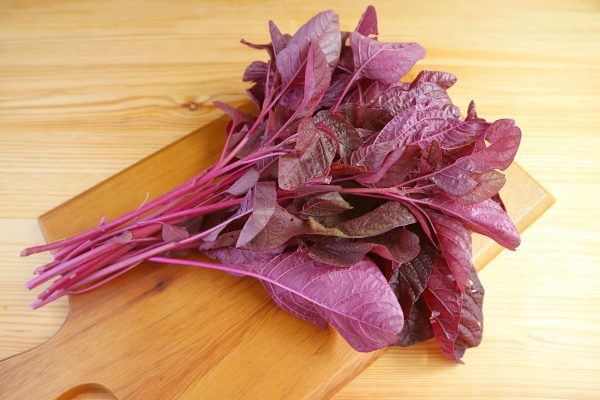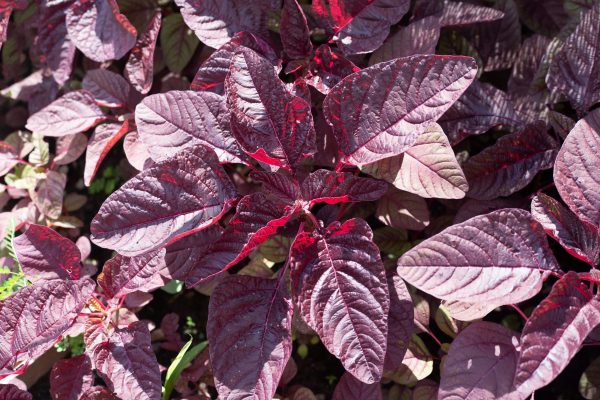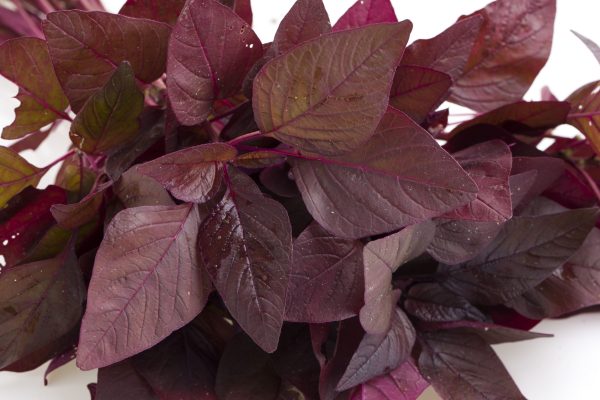Also known as love-lies-bleeding or pendant amaranth, this plant is cultivated for its edible, grain-like seeds and as a vegetable. Its seeds are similar to rice in texture and nutritional value, and comparable to quinoa in terms of health benefits.



Amaranthus caudatus is native to the high Andes of Peru but has been cultivated widely across various regions including Mexico, China, India, and Kenya. It thrives in full sun. The plant is typically grown as a summer annual and can take anywhere from 4 to 10 months to mature depending on environmental conditions.
Amaranth is naturally gluten-free, making it a suitable grain alternative for individuals with celiac disease or gluten intolerance.
Amaranth seeds are a rich plant sources of protein, containing all essential amino acids, including lysine, which is often lacking in other grains.
The leaves and seeds are abundant in vitamins such as vitamin C, folate, and several B vitamins (thiamine, niacin, riboflavin). They also provide essential minerals like calcium, iron, magnesium, phosphorus, copper, and manganese.
Rich in antioxidants like phenolic acids (including gallic acid), amaranth helps combat oxidative stress and may reduce the risk of chronic diseases such as heart disease and cancer.
The high protein and fiber content can promote feelings of fullness and may help regulate appetite, which could be beneficial for weight loss efforts.
Animal studies indicate that amaranth may lower levels of “bad” LDL cholesterol while increasing “good” HDL cholesterol. This suggests potential cardiovascular benefits.
Studies suggest that Amaranth can help reduce inflammation in the body by inhibiting the production of immunoglobulin E, which is involved in allergic responses. it is rich in phenolic compounds, such as gallic acid and vanillic acid, which possess strong antioxidant properties. These antioxidants help neutralize free radicals and reduce oxidative stress, a contributor to chronic inflammation.
If you have any question, don’t hesitate to contact us!
Copyright © 2024 Sow & Tell Indonesia | All Rights Reserved | Terms and Conditions